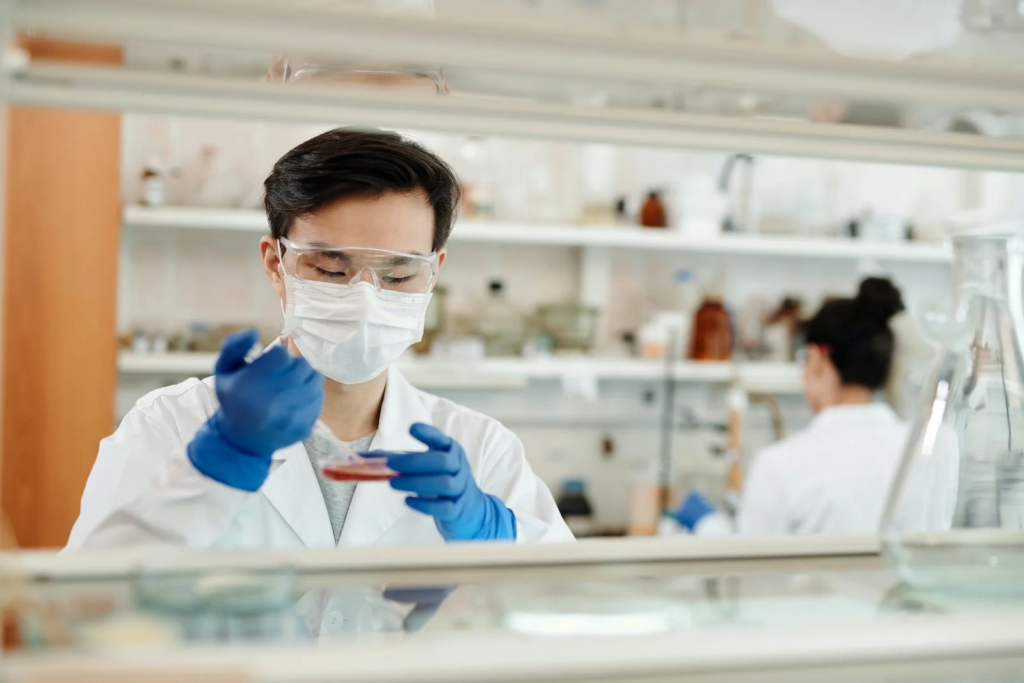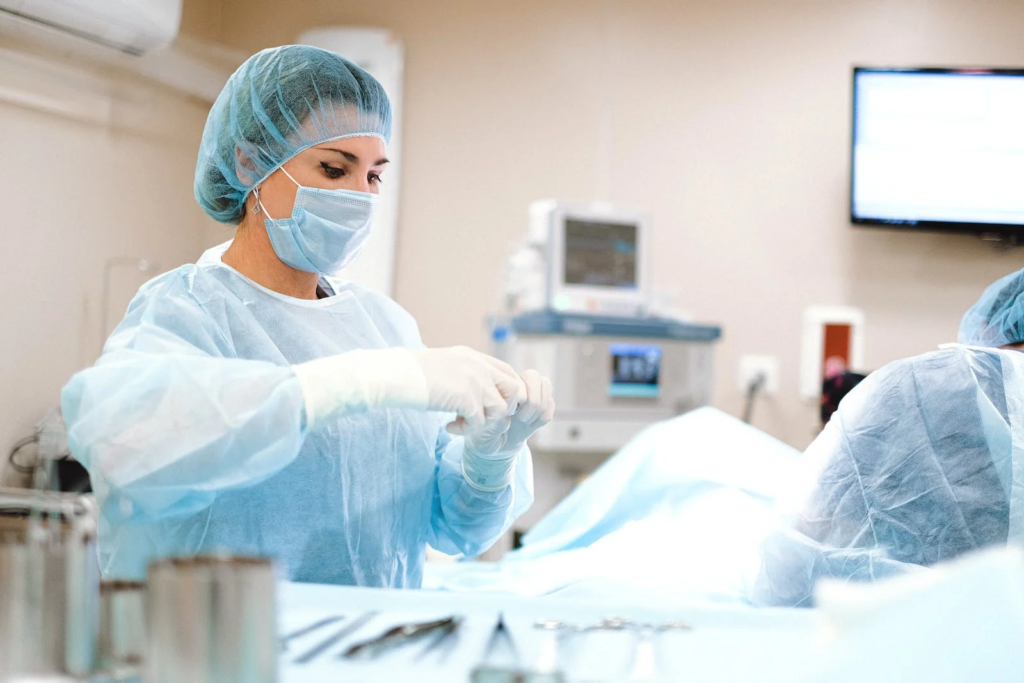Running a medical clinic is not a small task to do, only the higher-ups know these struggles. Clinics are made so that visitors do not have to see what is going on behind the scenes. The standards must be held pretty high in medical clinics because these are human lives that we are talking about. Mistakes are not allowed to happen here because they can turn out to be fatal, which is why everything must be taken so seriously.

There are a lot of things a medical clinic must do so it can run smoothly, and getting supplies is one of them. The logistics behind a clinic are even more complicated than the logistics of some major businesses. It is not the same when you get into an office and something is missing compared to when something is missing in a clinic. The pressure is pretty high, but through experience and knowing what a clinic needs, you will minimize the chances of making a mistake.
1. Right adhesives
In a medical clinic, you need adhesives for a lot more things than people would think. Out of these necessities, adhesion solutions for electrode applications are among the most important ones. You also need the right adhesives for bandages and there are a lot of new adhesives which are far safer for the skin. These bioadhesives are the future when it comes to wound regeneration and they are far more convenient.
2. Sterile equipment
No matter what kind of lab you work at, you want sterile and clean equipment, especially in a clinical lab. You need sterile pipette tips, Petri dishes, Eppendorf tubes, and other sterile plastic pieces. Getting a fast and properly functioning autoclave is a must if your clinic has a microbiology department.
Sterile pipettes are also a must and all other one-time-use equipment needs to stay sterile. You should always stock up on this equipment and never have to worry if you are running low. Just imagine starting your work day when there are no clean gloves and you need to buy ones right now.
3. Waste management
Once sterile equipment is used up, it needs to be thrown away properly. Medical clinics can only operate properly if the waste is treated adequately within safety protocols. This means you need proper equipment for destroying contaminated supplies.
You will also need adequate safety clothes for dealing with waste, especially if your clinic performs radioactive assays. You also need properly equipped disposal stations and garbage bins specially designated for certain waste. This also means having lots, and lots of alcohol for disinfection and other cleaning reagents.
4. Medical grade reagents
When it comes to performing clinical assays, you need medical-grade reagents. You should never cheap out on buying these reagents or try to recycle them in a medical clinic. Again, medical grade means that they are not contaminated and that these reagents are optimized. These reagents should also have everything you need for an assay so you do not waste time making your own solutions and reagents.
5. Fast computers
Computers are a big necessity for all kinds of businesses, including medical clinics. Validating results and running quick analyses is impossible without a properly functioning computer. There is no use in buying a new ELISA reader if it is connected to an old-timer PC.
Even though computers are not in the category of supplies, all supplies are rendered useless without a good PC. You do not need gaming PCs all over the clinic, but some modern ones that quickly load essential programs would be nice.
6. Precise tools
Precise and properly working tools are essential for performing every type of medical analysis. An uncalibrated pipette or a dysfunctional spectrophotometer will yield bad results. Why bother buying an HPLC-MS if you can’t maintain it to stay precise? You need to think about getting the tools and supplies that can be used to maintain the tools you already have. Why spend a lot of money on buying a new centrifuge if you can maintain yours with a bit of care?

With these 6 essential supplies on your list, your clinic will run smoothly. It is not just about getting the supplies, it is also about handling them and disposing of them the right way. Getting some supplies or equipment is actually the easier part, maintaining them is the hard part of it all.
However, you get used to these procedures and you learn how to handle them properly. Medical clinics are pretty dynamic workplaces that require lighting fast reactions and quick decision-making. And as the saying goes, real leaders are the ones that can make the right decisions with the least available information.